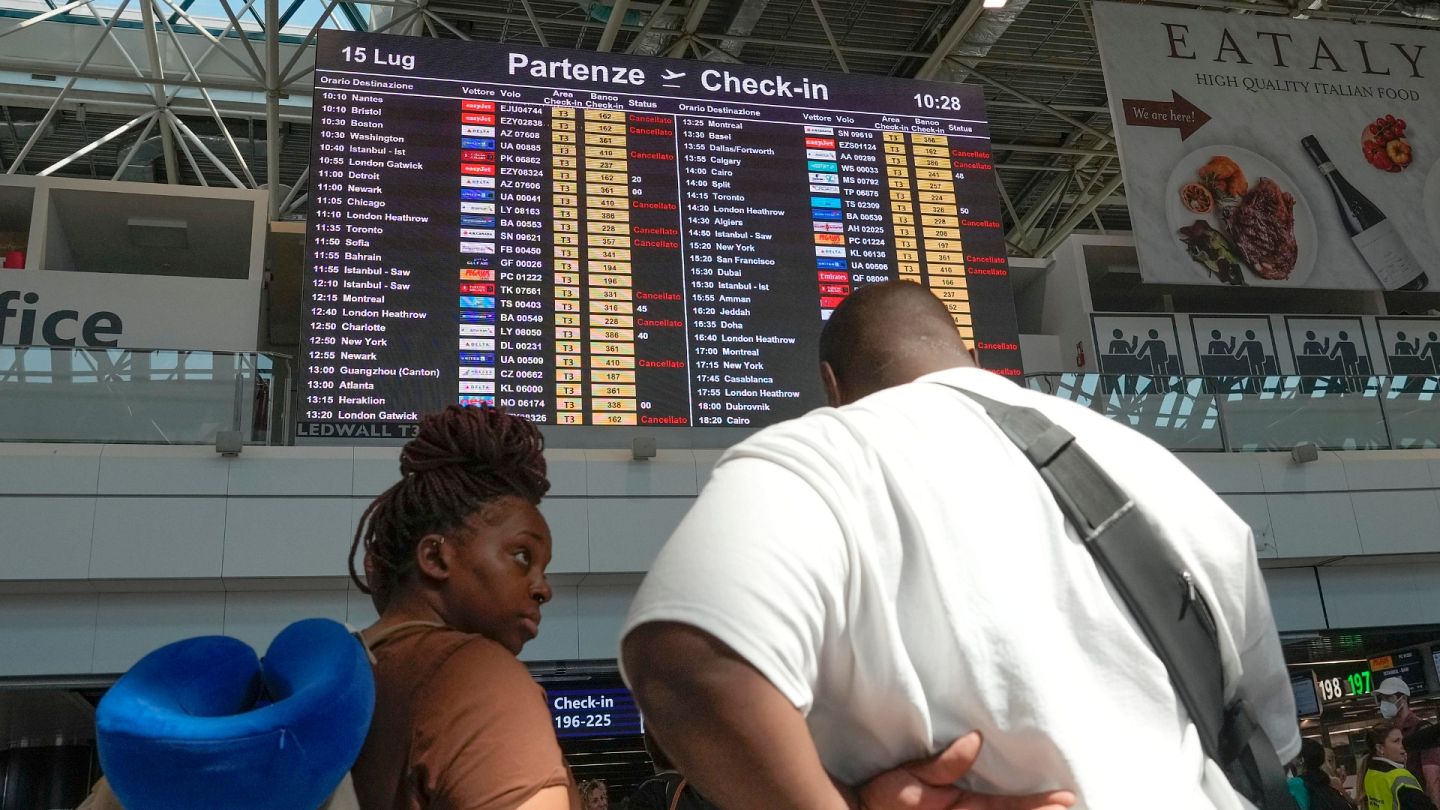Strikes have become a recurring challenge in the European travel and hospitality industry, often leading to flight and train disruptions that affect both travelers and professionals in the sector. While some strikes are meticulously planned months in advance, others are announced with little warning, making it crucial for travel and hospitality professionals to stay informed and prepared for potential disruptions.
- Spain: Airport strikes in January – In the early days of the new year, Spain’s aviation sector faces turbulence as Iberia ground services staff prepare to go on strike from January 5th to January 8th. This industrial action comes after failed negotiations over working conditions and rights, particularly as workers are slated to be outsourced to other companies. The strikes will have a broad-reaching impact, affecting all 29 airports where Spain’s flag carrier operates, including major hubs like Madrid-Barajas, Barcelona-El Prat, Palma de Mallorca, Seville, and Valencia. As a result, a total of 444 flights from Iberia, Iberia Express, and Air Nostrum have already been canceled for the duration of the strikes, which coincide with the Three Kings’ holiday. Passengers affected by these cancellations will be offered alternative flight options. It’s worth noting that the strikes might also disrupt flights with other airlines under the IAG group umbrella, including British Airways, Level, Aer Lingus, and Vueling. Alicante-Elche Airport is also bracing for labor unrest, with private security staff from Ilunion Seguridad set to strike from January 1st to January 14th. Their grievances revolve around working conditions and pay, resulting in a two-hour strike each day during specific time slots (8:45-9:45 AM and 6-7 PM). Travelers should anticipate potential delays and disruptions in security controls and baggage handling during these hours.
- UK: London Tube strikes in January – In the United Kingdom, London Underground workers are gearing up for a seven-day rolling strike over pay between January 5th and January 12th. Different departments will strike on different days, creating a challenging situation for commuters. The most significant impact is expected from January 8th to January 10th when most stations are likely to experience severe staffing shortages.
- Portugal: Train strikes travel by train in Portugal may come to a halt on January 2nd and January 4th as rail workers plan strikes. The disruption could extend to January 3rd and January 5th, affecting more than half of scheduled trains. Nevertheless, efforts will be made to maintain minimum services to mitigate the impact on travelers.
- France: Train workers’ holiday reprieve while French rail unions SudRail and CGT des Cheminots have opted not to strike over Christmas and New Year, the possibility of walkouts looms in the post-holiday period. These disputes primarily revolve around issues related to pay.
- Germany: Mass strikes could impact trains in Germany. Train drivers have been locked in a protracted dispute with train operator Deutsche Bahn, primarily centered on hours, pay, and working conditions. A ‘warning strike’ was initiated by the German Train Drivers’ Union (GDL) in December, prompting allegations from Deutsche Bahn of a conflict of interest, as GDL operates as both an employer and a union due to the formation of a temporary worker cooperative. Pending court decisions, these allegations could limit GDL’s ability to negotiate collective agreements with railway companies. Meanwhile, a potential five-day walkout from January 7th to January 11th could disrupt Germany’s rail network, impacting both Deutsche Bahn and the S-Bahn.
Tags: Airports, strike, Trains, Deutsche Bahn
